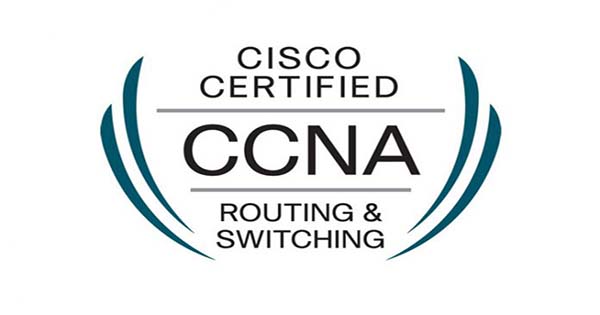
What makes a good Quality Assurance Engineer
Everybody who wants to make a career in Quality Assurance needs to think about the abilities, skills, and knowledge that can make them a good Quality Assurance Engineer within their software development company.
Some people say that Quality Assurance is an easy job, since you don’t need to write codes for programs and just use the application and find defects. Is there any veracity in this statement? Is working in QA really that easy? Certainly not.
Software testing is not just about using applications and comparing the observed behavior with the expected behavior. In today’s rapidly growing and competitive markets, the quality of a product matters a lot. Quality is associated with safety, easy of use, seamless operation, performance, scalability, look and feel of the product, and much more. So, QA nowadays, is always in the limelight in any software development project or organization.
A Quality Assurance Engineer is always working to improve the quality of a product as well as the processes involved in product creation. They are constantly adding value to the company by playing a major role in building a stable and competitive product, a product which is safe to use, a product that meets client demands, and a product that increases the reputation of the company.
In the following section, I have documented some of the important qualities that a good QA professional or software tester should possess.
Prioritization
Quality Assurance should always be driven by the philosophy of “important things first”.
Deadlines are almost always very tight and outputs are extremely necessary. Therefore, a tester needs to understand what the customer is seeking and needs to distinguish between the features that require high priority and those that require low priority.
Testing important and fundamental things first helps save time and money. The most important bugs can be easily fixed and incorporated in the product during the early phases of development. On the other hand, if bugs are found very close to the time of release, hectic and panicky situations are sure to arise.
Eagerness to learn things
Technology is changing and evolving day after day. To keep oneself updated with this rapid growth, a QA Engineer should be eager to learn new things. A good tester is a quick learner and a self learner.
It’s not only about gaining expertise in specific things; it’s about keeping up with the latest technologies, about learning new tools and approaches that can be used in testing, about learning new ideas, learning from experience, and ultimately about constantly thriving.
Analytical Skills
Analysis is the ability to visualize, express, form an idea about something, and use it in problem solving. A tester has to try and imbibe the ability to visualize or imagine the product before he sees it.
For example, when a tester gets the requirement document, they should express it in the form of test cases. Sometimes, bugs may follow a specific pattern, and a good tester is always good at observing them.
Passion for the job
Good QA Engineers are always passionate about their job and they are constantly seeking and forming new ideas for effective software testing. They are always motivated in finding the faults and defects in a software product.
Technical Knowledge
Good software testers also have good technical knowledge and skills. Although it is not necessary to be an expert in programming, QA should have at least a basic knowledge of programming concepts. Similarly, the knowledge of databases, software testing tools, various operating systems, platforms, and automation tools are some of the most common concepts that a QA should be familiar with.
Additionally, the knowledge of various testing techniques is important for any software tester.
Communication skills
QA or software testers are always in the limelight in a software development project. They need to deal and interact with developers and share their thoughts in a clear and gentle manner.
They also need to give a detailed overview of the product to the respective stakeholders such as managers or product owners. They have to communicate in both technical and non-technical terms. Additionally, a QA Engineer also needs to raise their voice for the improvement of the processes and quality of the product.
Another major responsibility of a QA is to document the testing process. Testing artifacts like test cases, plans, test strategies, and bug reports created by the software tester should be easy to read and comprehend. Therefore, communication plays a vital role for a good QA. They must have good verbal and written communication skills with diplomatic, clear, professional nature, and the ability to control their emotions under pressure.
Creativity and Out of the box thinking
Creative people develop a variety of alternatives and ideas to address issues and challenges. Testing is not just comparing the observed output to expected results. It requires inferences.
To be a good software tester you should think like a software tester. You will test only in the ways that you can imagine testing. You will only look for the problems that you imagine can exist.
Good software testers have out-of-the-box thinking; they think differently, unconventionally, or from a new perspective. The thinking should be critical, creative, technical, and PRACTICAL.
Also learn about Quality Assurance,Quality Control,Software Testing Similarities and Difference.











